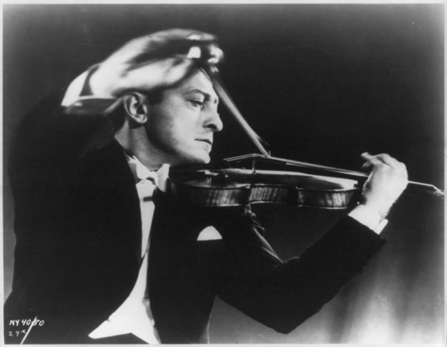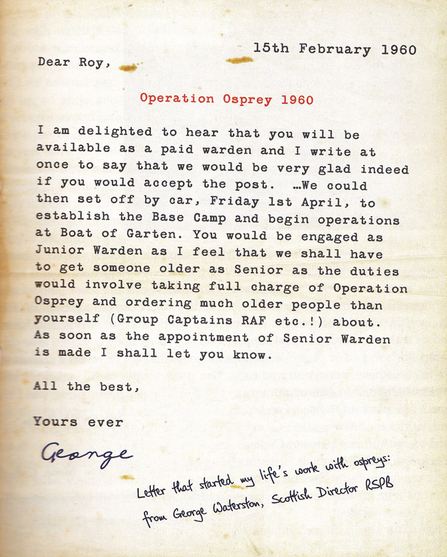For as long as I can remember, Jascha Heifetz has been my favourite violinist. One of the first things I bought with my student grant (yes I know!) as a young 'fresher' in Cardiff in the mid-1980s, was a secondhand LP of Heifetz playing Tchaikovsky's violin concerto. Oh, what a record. It is a 1957 recording of one of the greatest musicians of the 20th century right at the top of his game. A desert island disc if ever there was one. If they make records in heaven - this is what they would sound like.
For a reason I have no explanation for, I play the Heifetz record every Christmas. It's become a bit of a routine. I listen to other music throughout the year, of course, but not the Heifetz concerto. Maybe it's because I have more time on my hands at the end of December to appreciate it, maybe it's just escapism from the madness that can be Christmas. Or maybe, it's because I know that there is a very special treat coming at the end of every year that fills you with a warm, fuzzy feeling.
Jascha Heifetz


